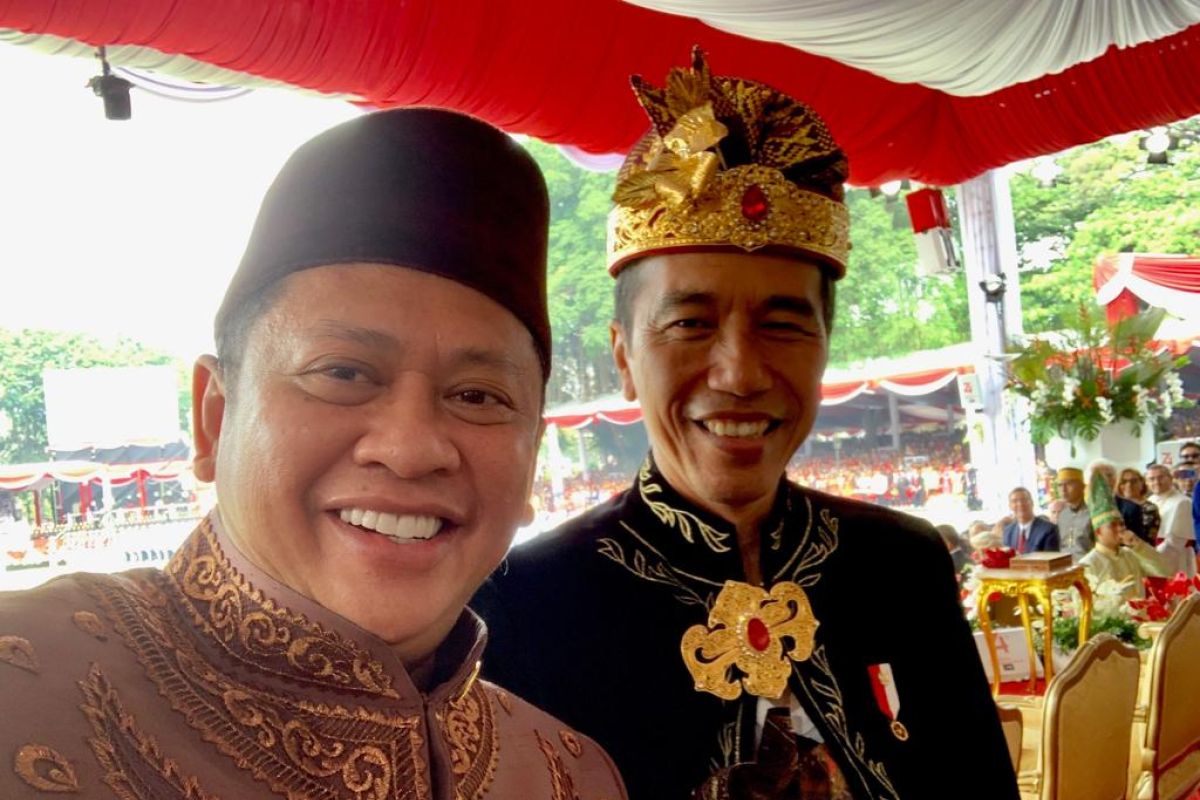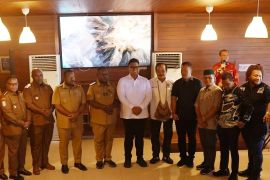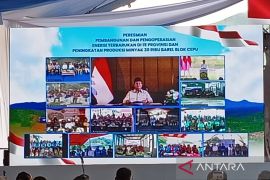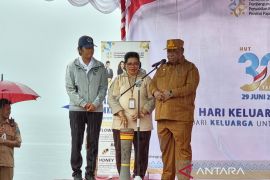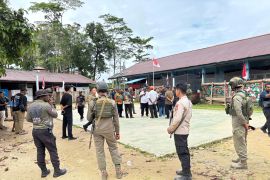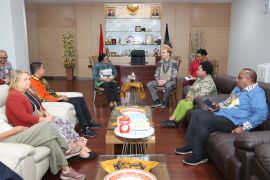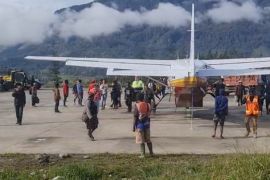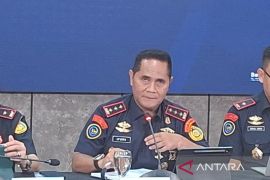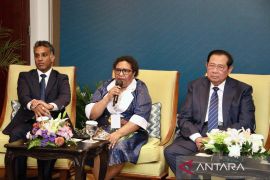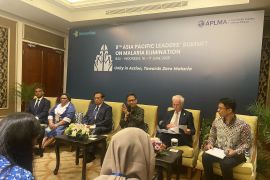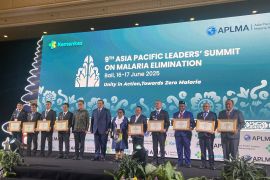The seven cultural areas are Mamta/Tabi, Seireri, Bomberai, Doberai, Meepago, Haanim, and Lapago, he informed participants at a discussion forum on ways to find a permanent solution to Papuan issues, held at Kompas Tower, Jakarta, on Friday.
The hearts and minds approach was a short-term solution essentially adopted by the government in its endeavors to solve Papuan issues, Soesatyo stated, adding that the government should also have in place mid- and long-term solutions.
As part of the short-term solution, the necessity of a dialog through the hearts and minds approach is apparent since Papuan people are currently looking for the state and government's presence in the upshot of the Surabaya incident.
Soesatyo suggested that every cultural area of Papua may sent three representatives.
Each of these cultural areas must also have representatives of the Papua People's Assembly (MRP), regional legislative council (DPRP), the Forkopimda (Regional Leadership Communication Forum), as well as religious, young, and female figures.
Soesatyo further added that the middle-term solution is linked to the government's affirmative actions by giving native Papuans, meeting the requirements, opportunities to occupy echelon one and two positions at ministries and government agencies.
Such affirmative action may also be applied in the Indonesian military and national police's recruitment policies.
Soesatyo believes that it would be a matter of pride for the native Papuans and their big families to take up respected positions at ministries, government agencies, as well as the military and police.
Moreover, it is long overdue for native Papuans to receive opportunities to be part of the board of directors of the gold mining company, Freeport Indonesia, with majority of its shares, or 51 percent, being owned by the country.
State-owned enterprises and all companies operating in the provinces of Papua and West Papua should also apply similar affirmative policies for indigenous Papuans by employing them, he emphasized.
All these affirmative actions were taken to end any form of prejudice that can arise from maltreatments against Papuans, Soesatyo noted, calling on the need for a policy to restrict the migration of non-native Papuan workers into Papua to prevent marginalization of native Papuans. Related news: House backs restrictions on foreigners in Papua
Related news: Military, police chiefs meet figures of different faiths in Papua
EDITED BY INE
Translator: Imam B, Rahmad Nasution
Editor: Fardah Assegaf
Copyright © ANTARA 2019
